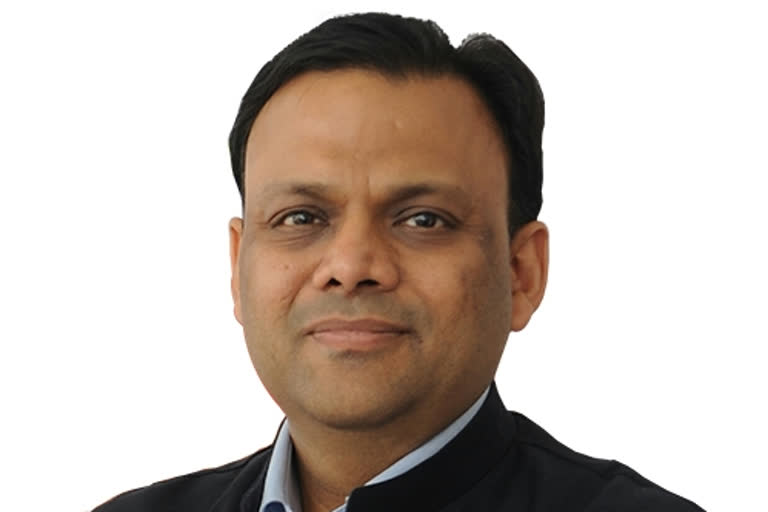New York:Direct money transfers via Aadhaar and the interoperable software layers called India Stack to India's financially vulnerable population have "saved" the country from long queues and panic during the ongoing COVID19 pandemic and "justified a 10x return on investment on the India Stack", Arvind Gupta, former CEO of MyGov and founder, Digital India Foundation, told IANS in a video interview.
As of April 22, the Indian government paid out Rs 31,235 crore in financial assistance to more than 330 million Indians, according to publicly available data.
Gupta, one of the architects of India's smart city project in the 2014 manifesto, spoke to IANS on the potential buildout of the India Stack in the post COVID19 era.
India has taken control of its "digital destiny", he said, by combining digital identity with the paperless layer of the India Stack which supports digital payments, verified paperless records and is linked with Aadhaar.
"You don't have to wait outside a welfare centre to receive your benefit. You're not giving benefits to people who don't deserve it, who are not entitled to it. That basically means no corruption and money is available to citizens at the bottom of the pyramid."
"This is what has saved India from people forming queues all around and panic situation. We are a nation of 1.2 billion people and you must appreciate that. Based on the Prime Minister's call, almost 40 days we've had absolutely no riots, no panic, no crisis," Gupta said.
When India moves into the post-COVID reality, the definition of privacy in the context of digital public goods is likely to be transformed as policymakers are forced to strike a tough balance between protecting people's health and reopening the economy, according to Gupta.
"This is my opinion, I'm clarifying it. I think the definition of privacy over public good(s) will change as we go forward. I think you will see this debate of data empowerment versus data privacy taking a little bit of backseat."
Read more:Modi govt charge sheets 3 tax officers for misconduct, smells conspiracy behind media leak
